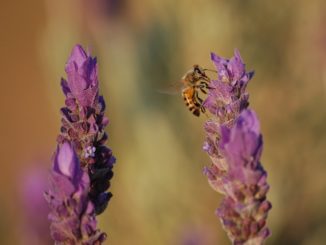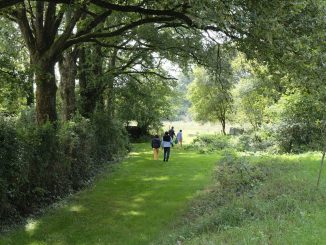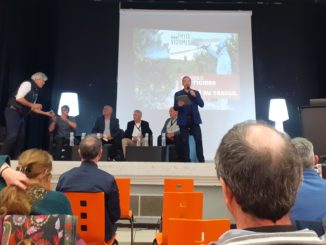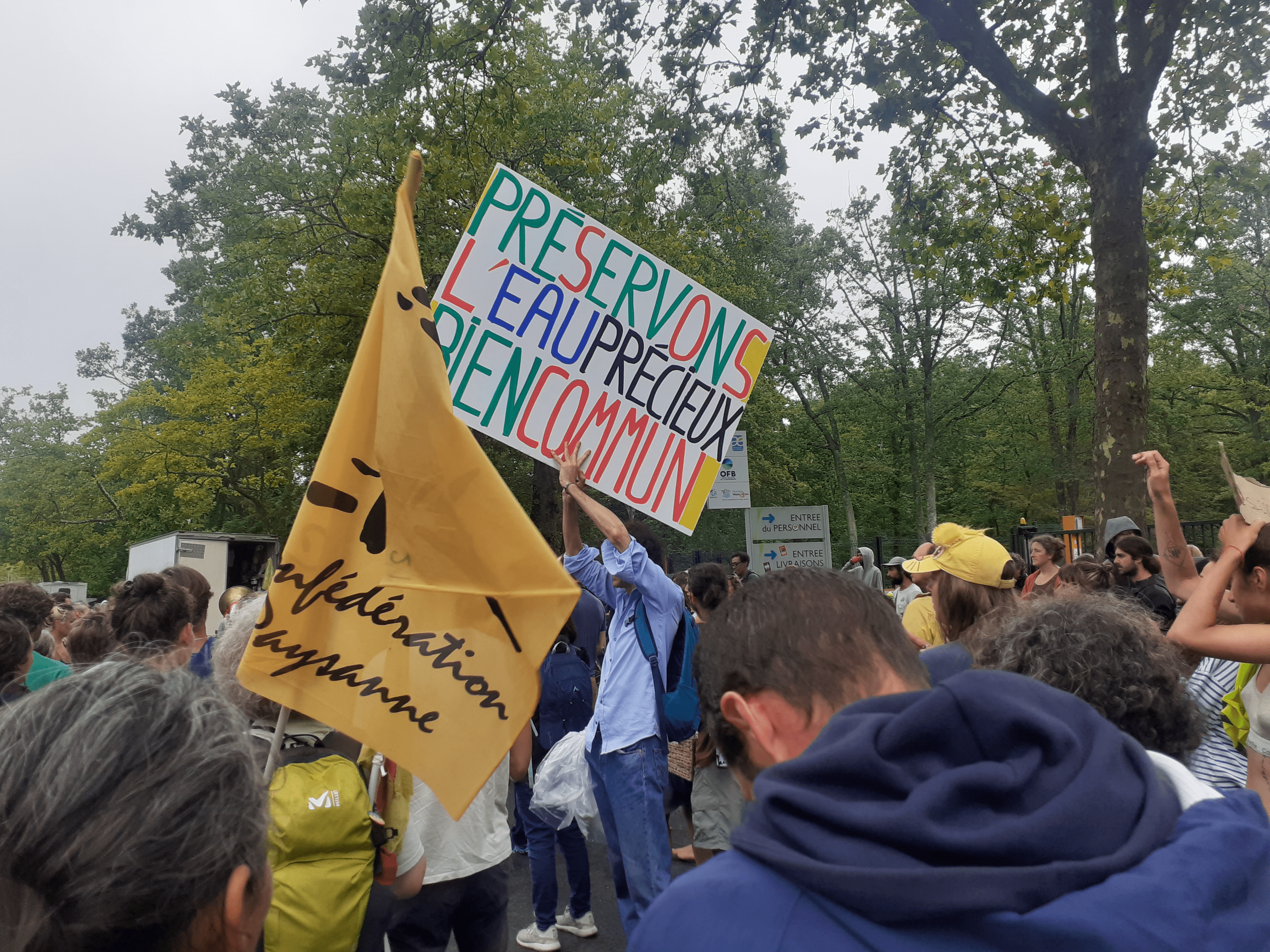
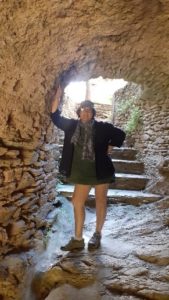
In phase 2 of the Rural Resilience project we pledged to explore new territories. Over the summer, we set out in search of experiments in resilience in the four corners of France. Marie-Lise Breure-Montagne reports.
Poor regions rich in resilience
On June 8 we were at the launch of the network of Territorial Food Programmes (PAT) in Occitanie, co-organised by the Occitanie Region and the regional directorates for food, agriculture and forestry (DRAAF). Of some thirty structures attending the launch, ARC2020 represented the connection between the local and European levels.
The event was facilitated by the regional federation of CIVAM in Occitanie (Centres d’initiatives pour valoriser l’agriculture et le milieu rural – a network of local groups working towards agroecological transition) in the inspiring surrounds of the Narbo Via Museum in Narbonne, historically a bastion of the Roman Empire.
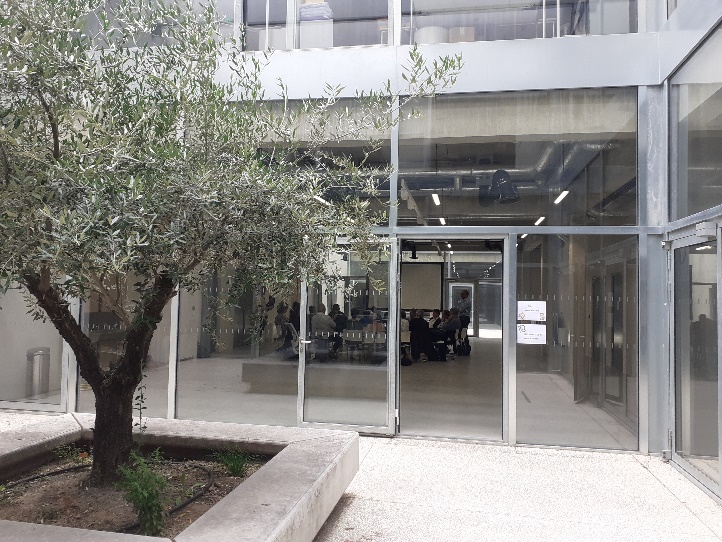
Occitanie, in the South of France, is one of France’s leading regions in terms of young farmers entering farming. At the launch, a workshop on the topic of new entrants included contributions from Terre de Liens Languedoc, and the Occitanie Region, which since the 2023-2027 CAP NSP is more broadly involved in issues around young farmers.
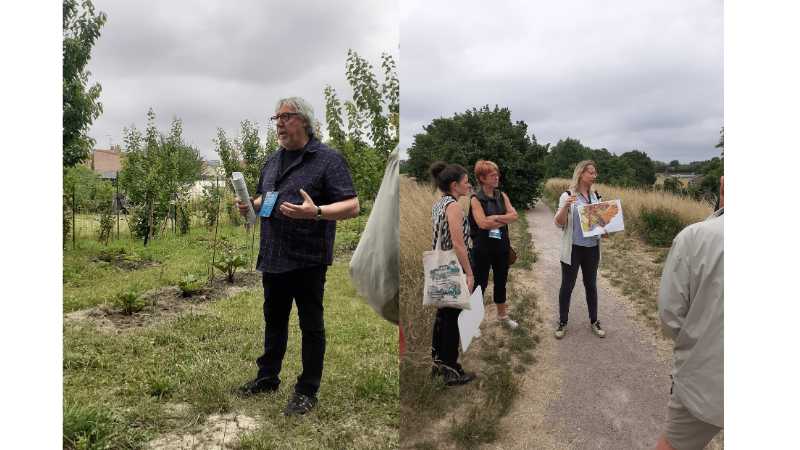
Later that month we were in the far north of France to celebrate more than a quarter-century of resilience in the transition town of Loos-en-Gohelle. Located in the poor Pas-de-Calais region, with a population of less than 7,000, the town is leading the way in terms of energy, democracy and ecological transition. Local residents are justifiably proud of this intangible heritage that capitalises on the town’s experience.
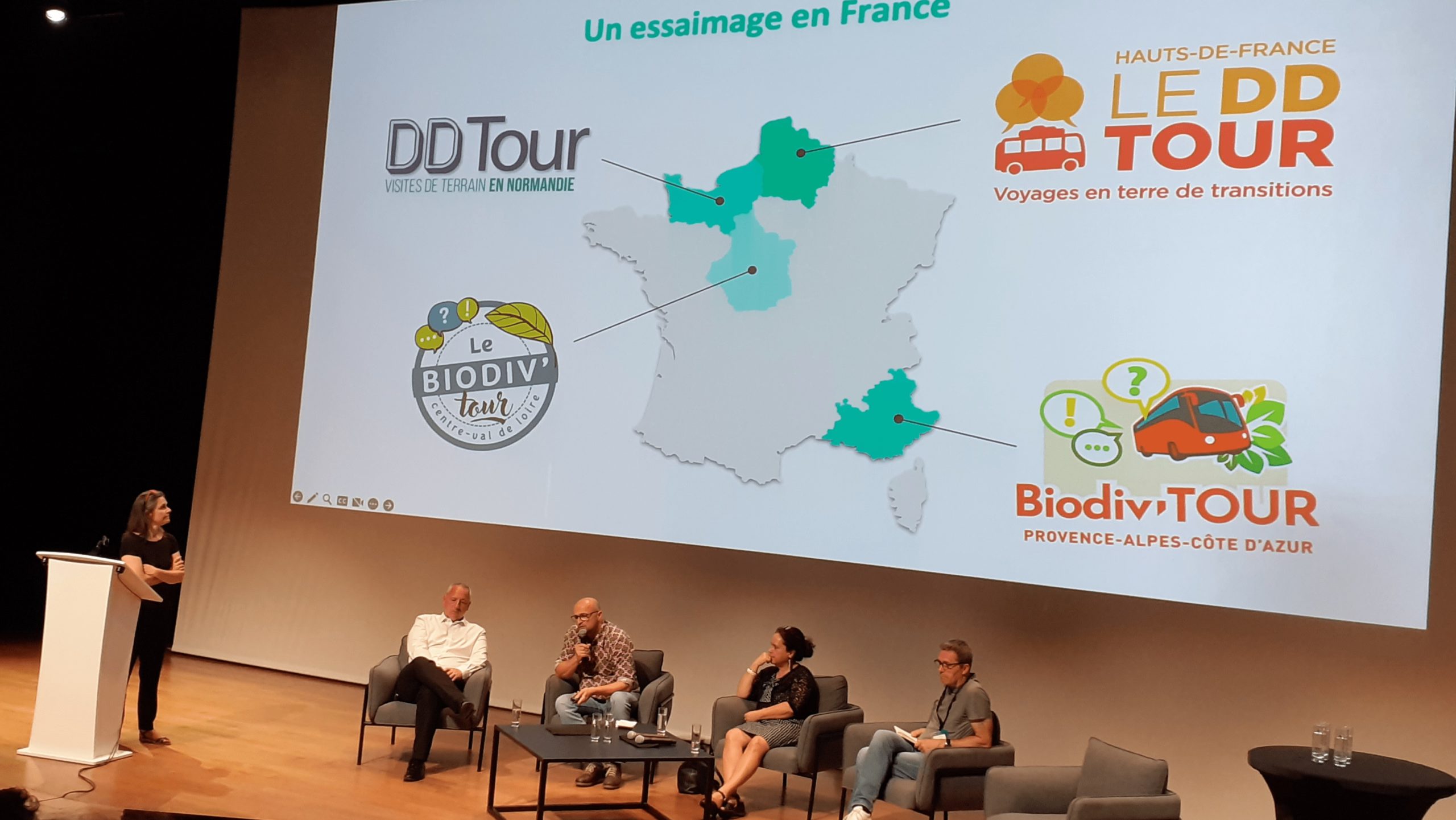
On June 28 and 29 we discovered Loos-en-Gohelle’s story of transition during a guided walk around the town and along the green belt, a physical marker of the preservation of agricultural land.
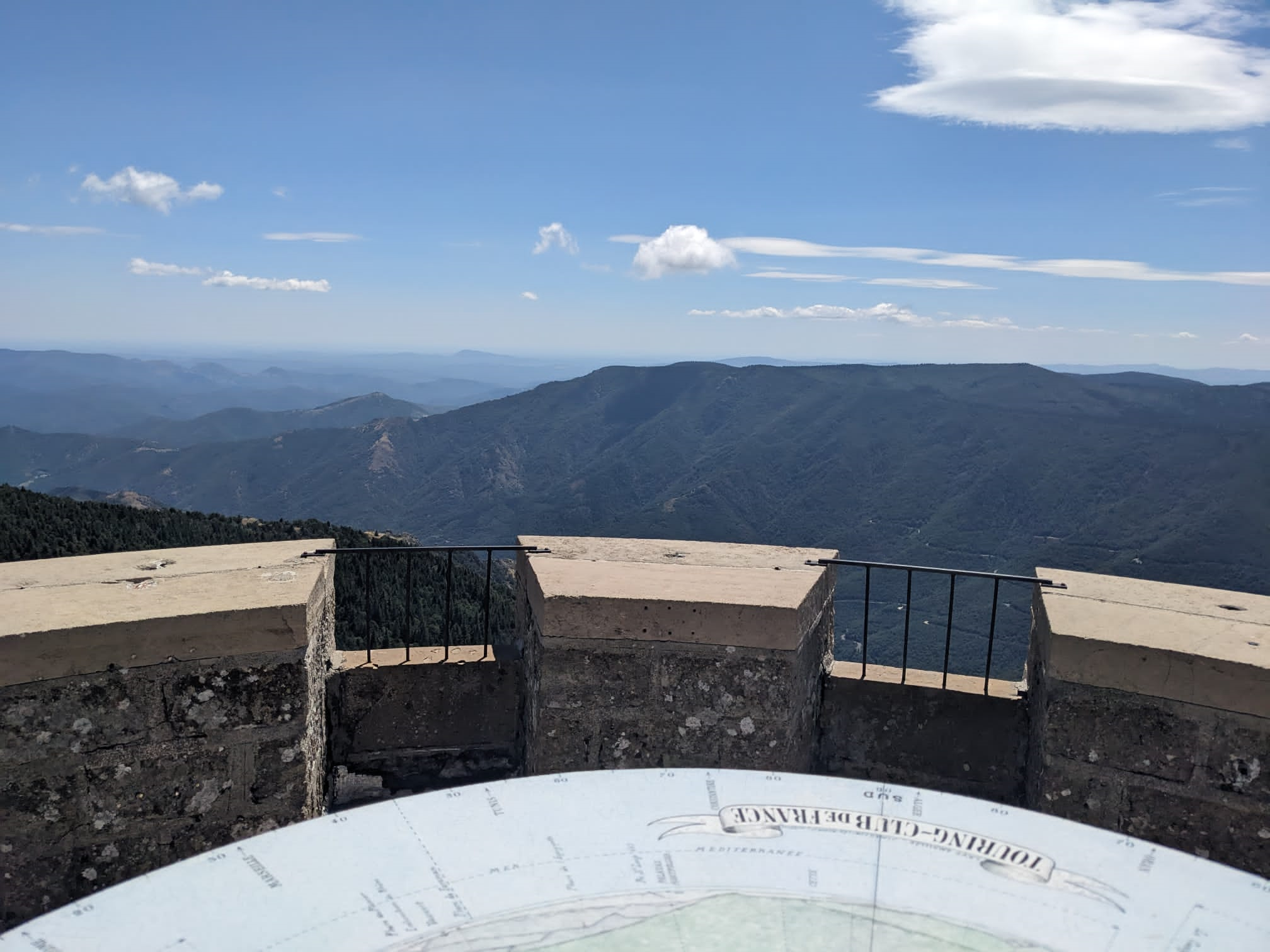
Protecting biodiversity, facing climate change
While in Loos-en Gohelle, conversations with Fabrique des Transitions and PETR (Pôle d’Équilibre Territorial Rural Causses et Cévennes) brought to our attention the ongoing debate around the tourism model in Cévennes in the South East of France.
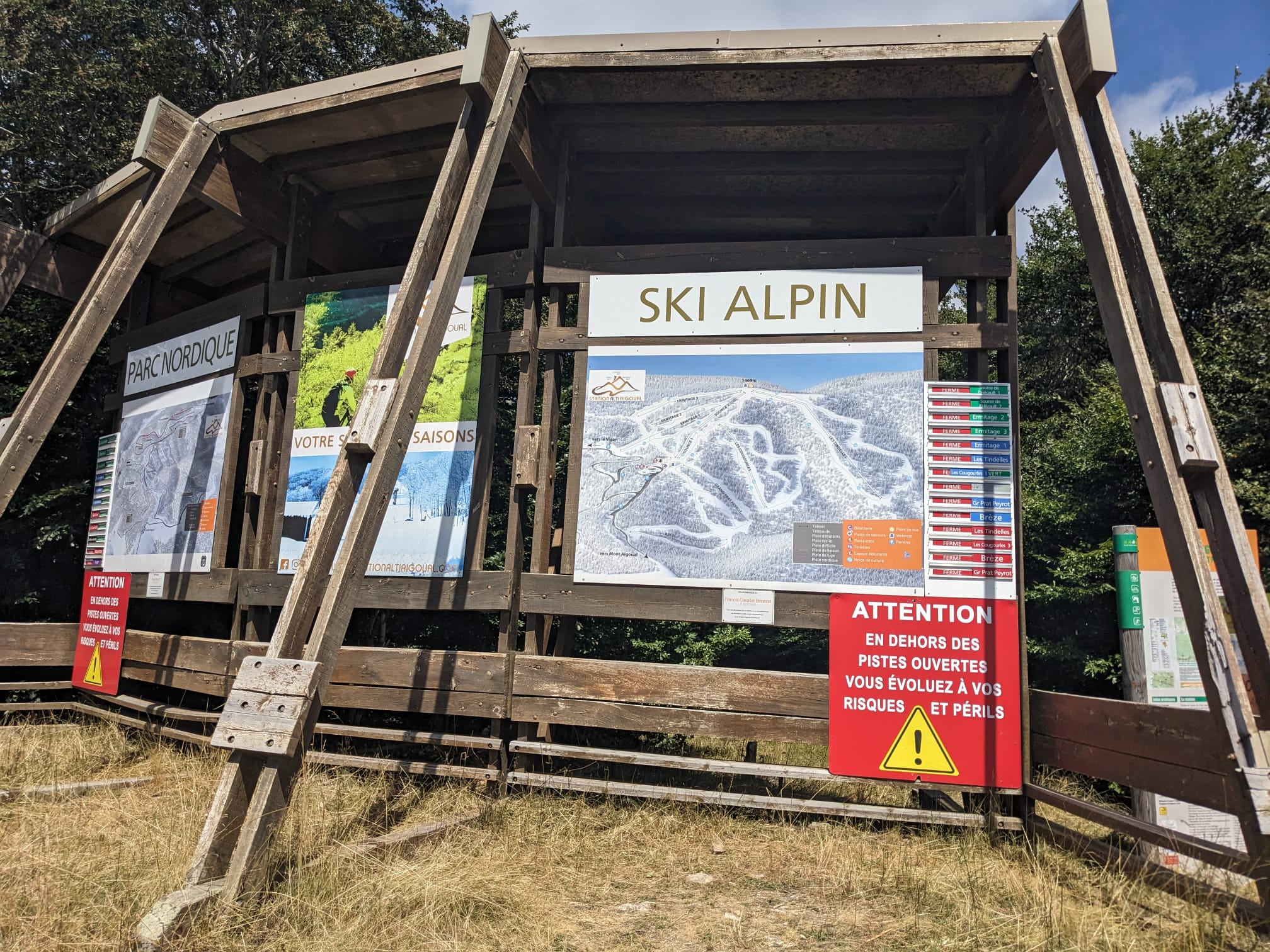
And so in early August we set off for a two-day visit to the Cévennes mountains.
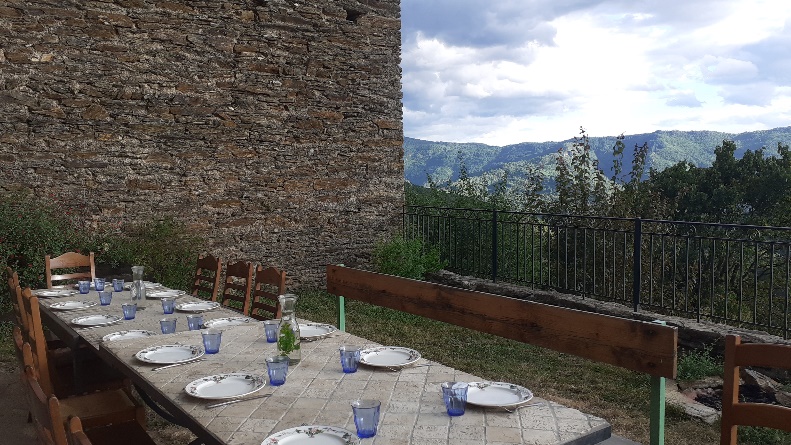
Cévennes is known for its longstanding and successful work on biodiversity restoration.
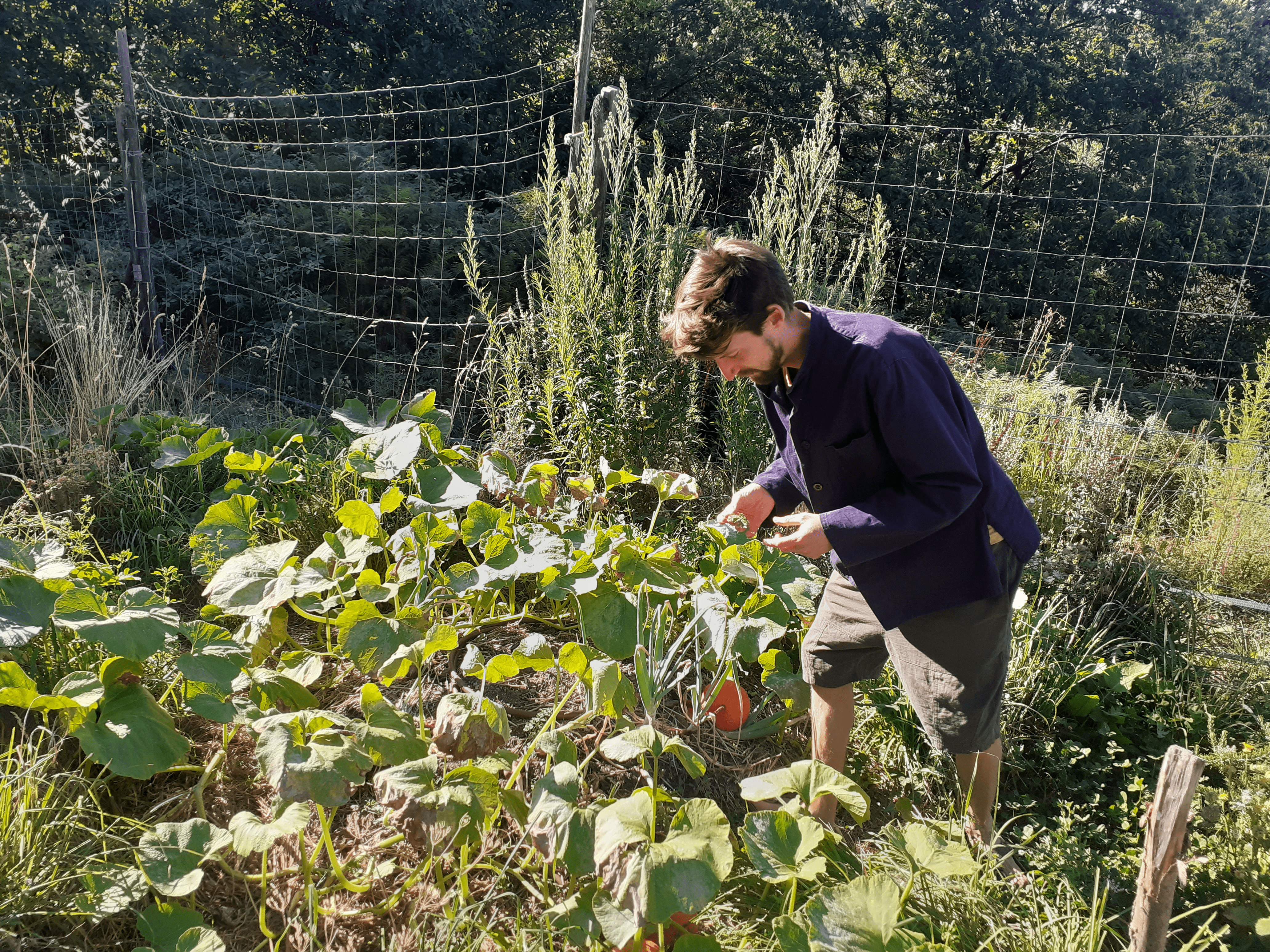
Interestingly, two of its local governments are part of “Avenir Montagne”, a state-run programme for sustainable tourism in mountainous areas, against the backdrop of adaptation to climate change.

Water as a common good
Our last trip of the summer was to greet the Water Convoy which wound its way into Orléans on August 25 after a week-long mobilisation against watergrabbing that started near the village of Sainte Soline. The convoy of farmers and citizens, led by the “Bassines Non Merci” collective and Confédération Paysanne, and joined along the way by other farmers and supporters, brought its demand for a moratorium on the construction of “mega-basins” right to the offices of these projects’ main financer: Agence de l’Eau Loire Bretagne. Groups from the various areas affected, spanning from Charente in South-West France to La Clusaz in the Alps (on different water agencies’ perimeter), assembled to call for fairer and more sustainable management of water resources.
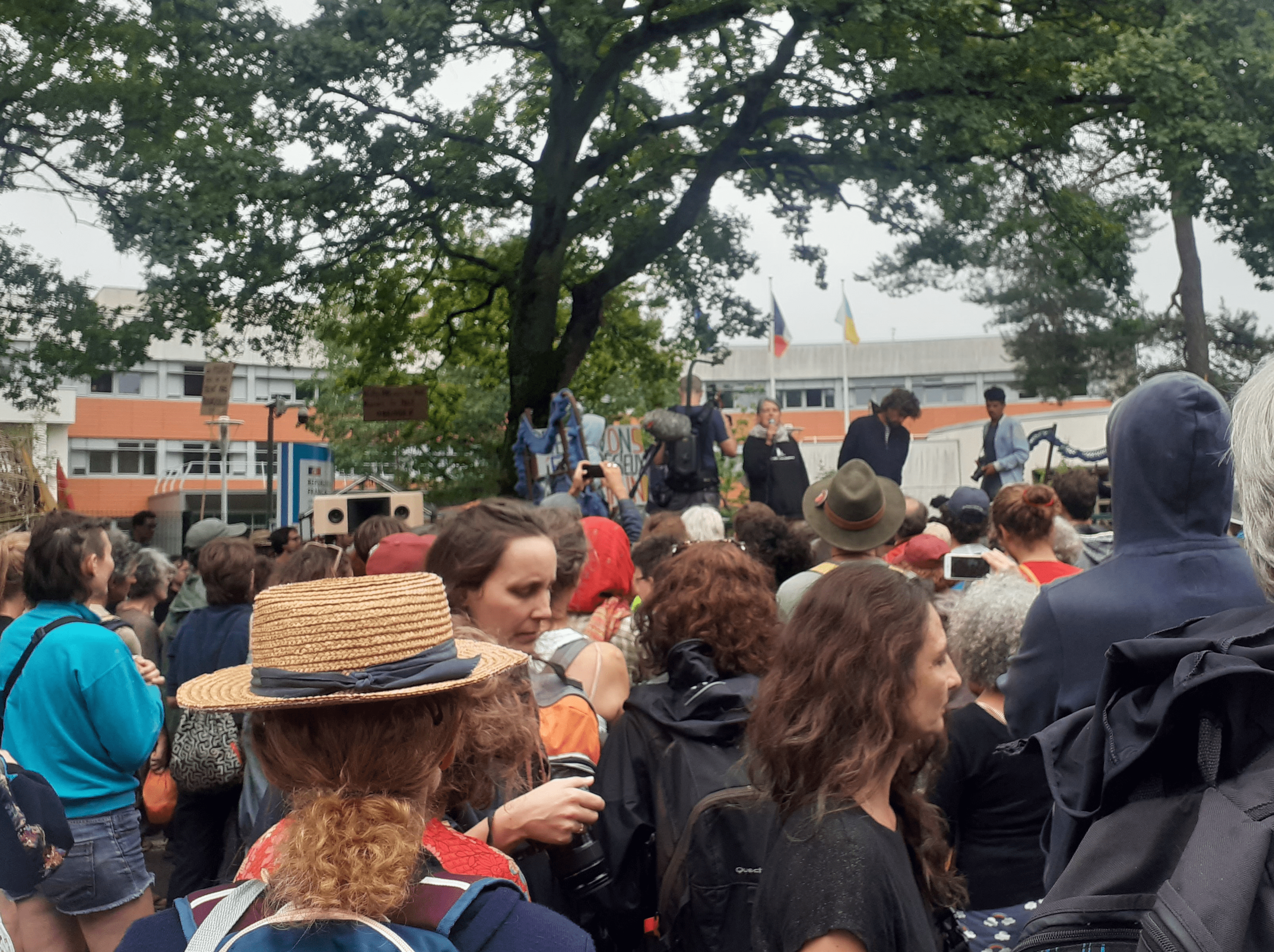
All this energy around protecting the common good will help to fuel our forthcoming policy analysis, ‘Restoring water as a common good’, which takes a deep dive into differences in the agricultural insurance system in France and Germany.
In 2023-2024, the Rural Resilience project embarks on a new phase of joining the policy dots while continuing to nurture what we have built together, and widening the lens from France to Germany and the broader Europe. To learn more, visit the project page, and follow ARC2020 on LinkedIn, Twitter, Facebook or Instagram.
Return to the Rural Resilience project page
More on Rural Resilience
Beyond the Harvest: Health Effects of Pesticides on French Farmers
The True Toll of Pesticides on Rural Health – Pesticides Analysis Part 2
France | Democratising Food Policy – Tweaking The Financial Toolbox
Ernährungsrat: The democratic potential of Food Policy Councils in Germany
Feeding Ourselves 2023 – Building Bridges for Rural Resilience



